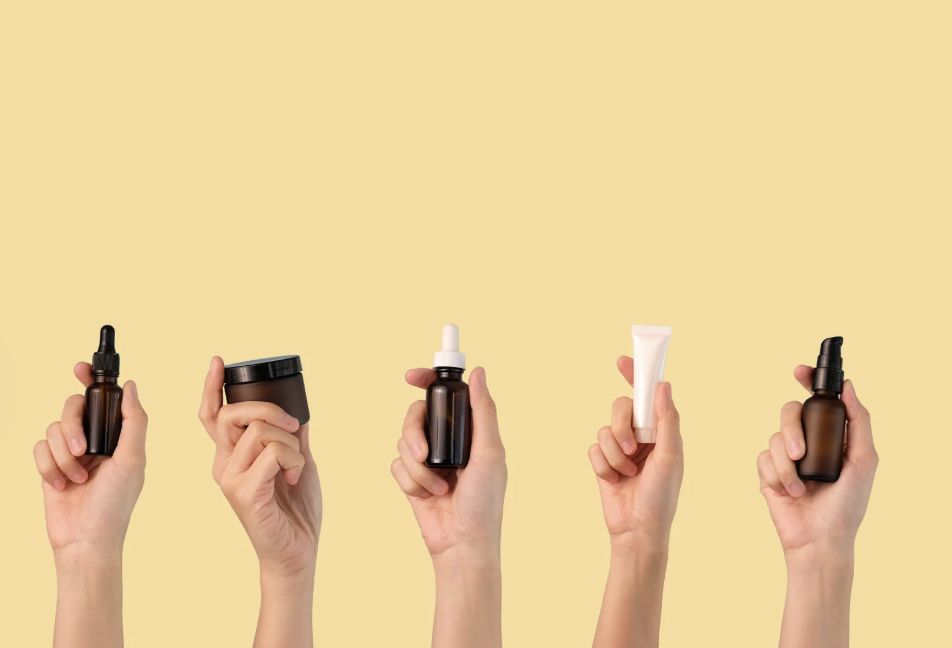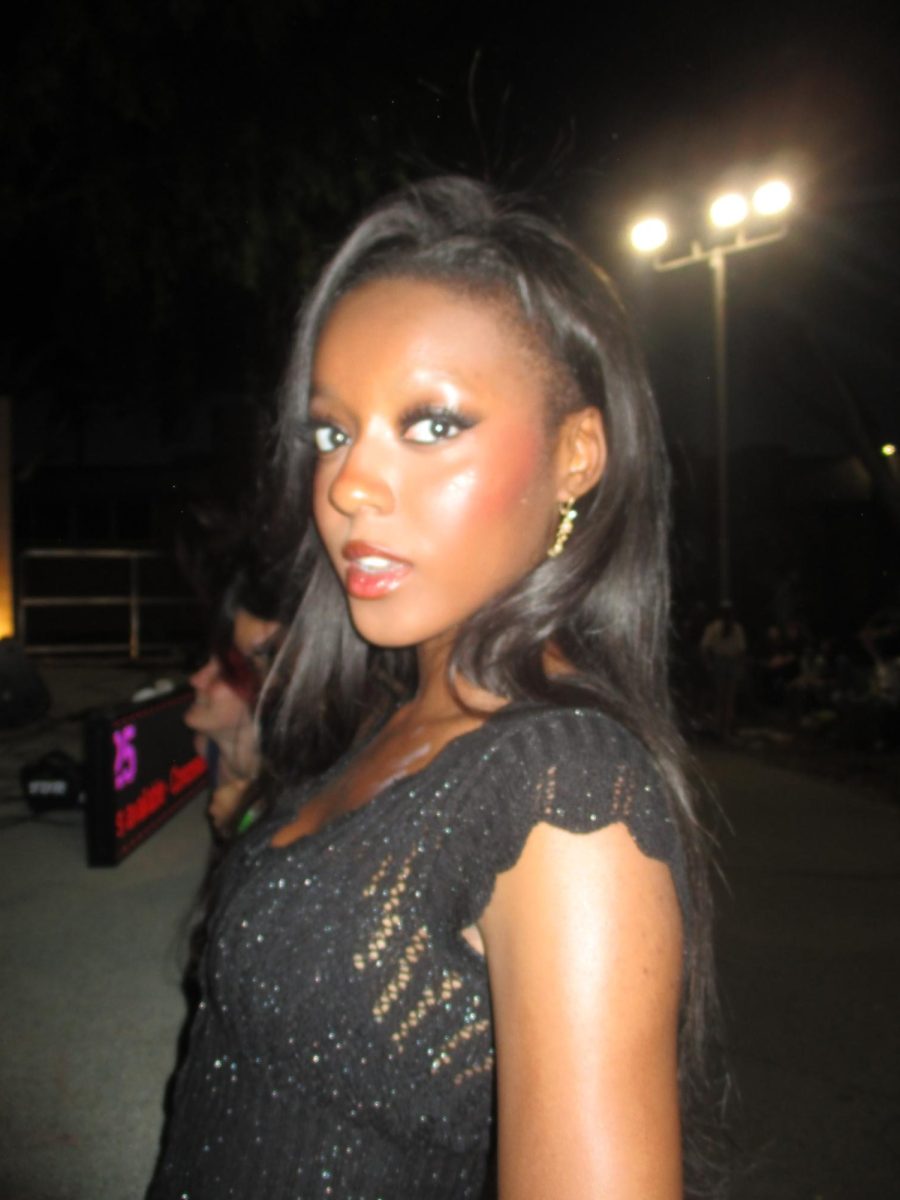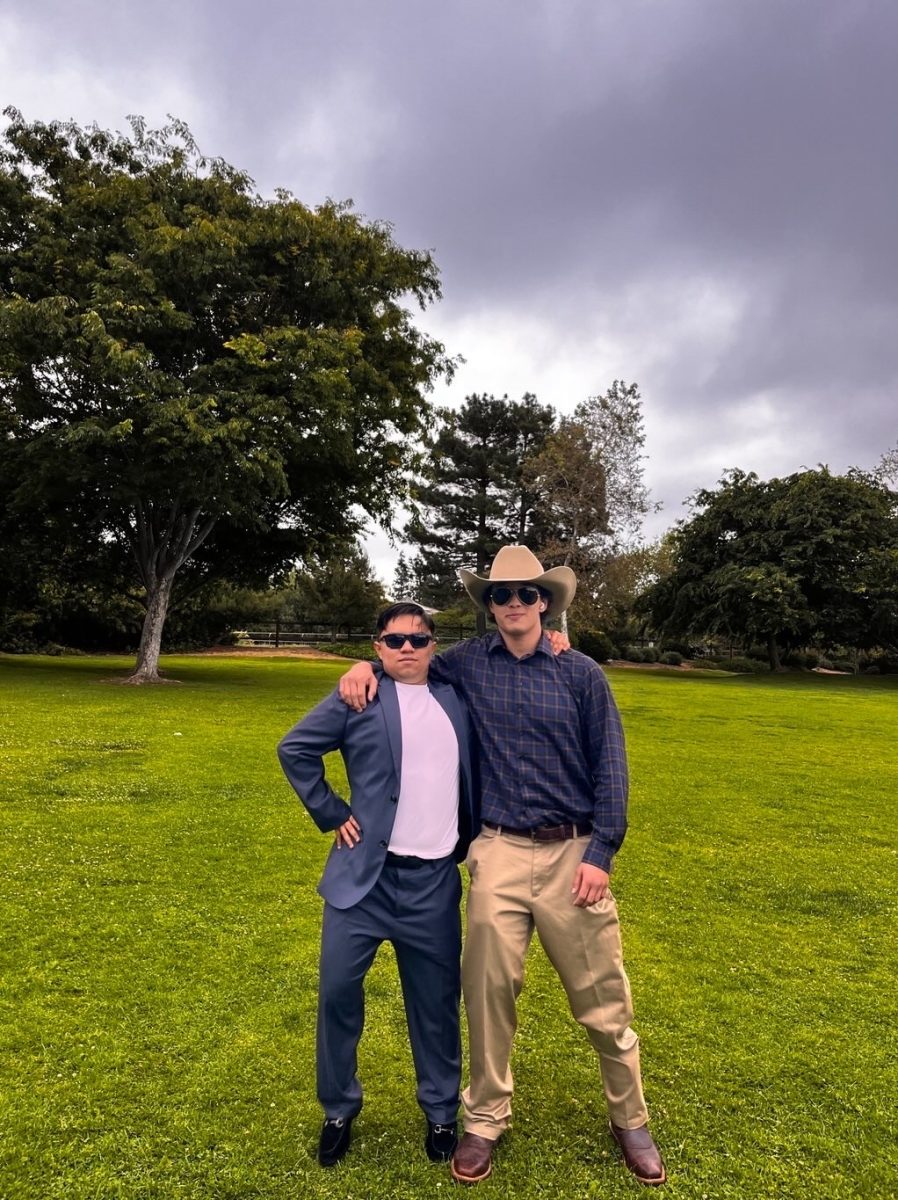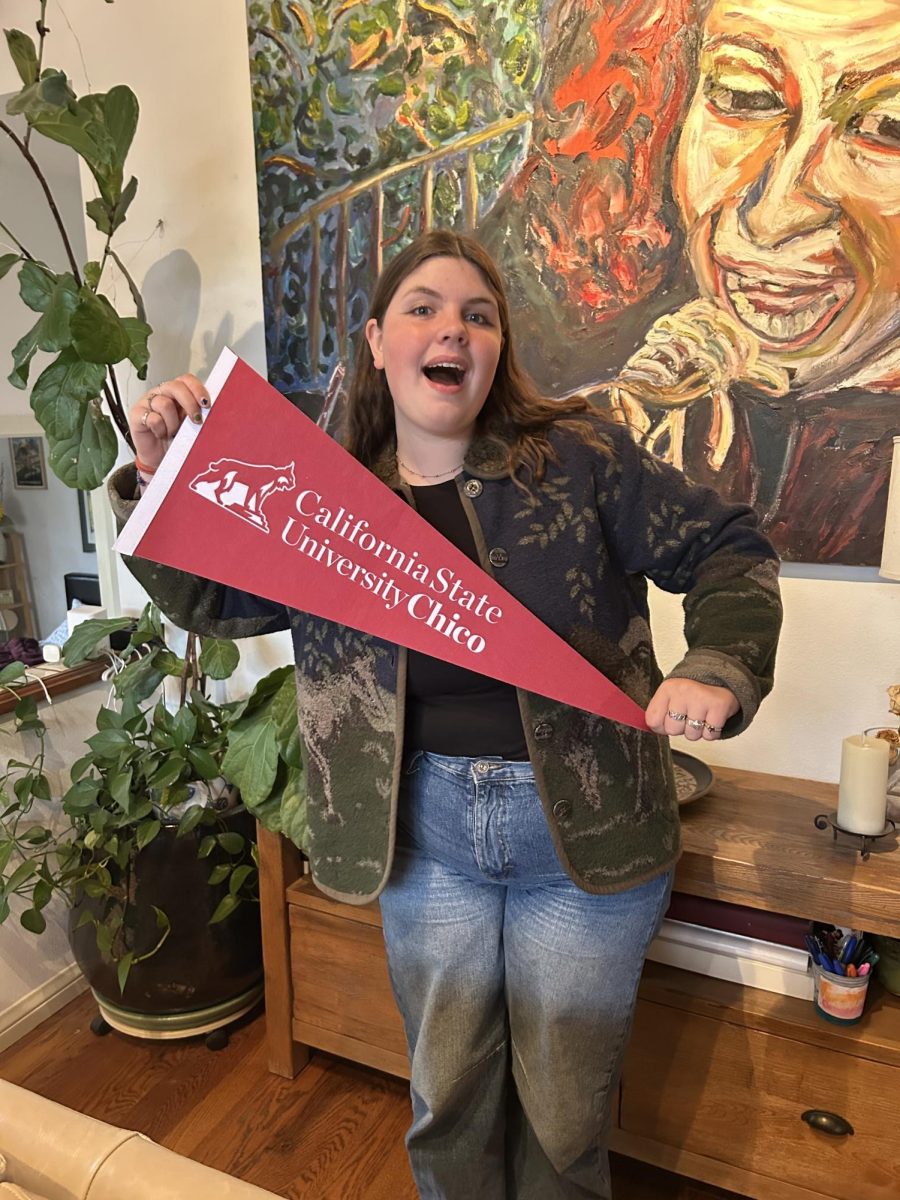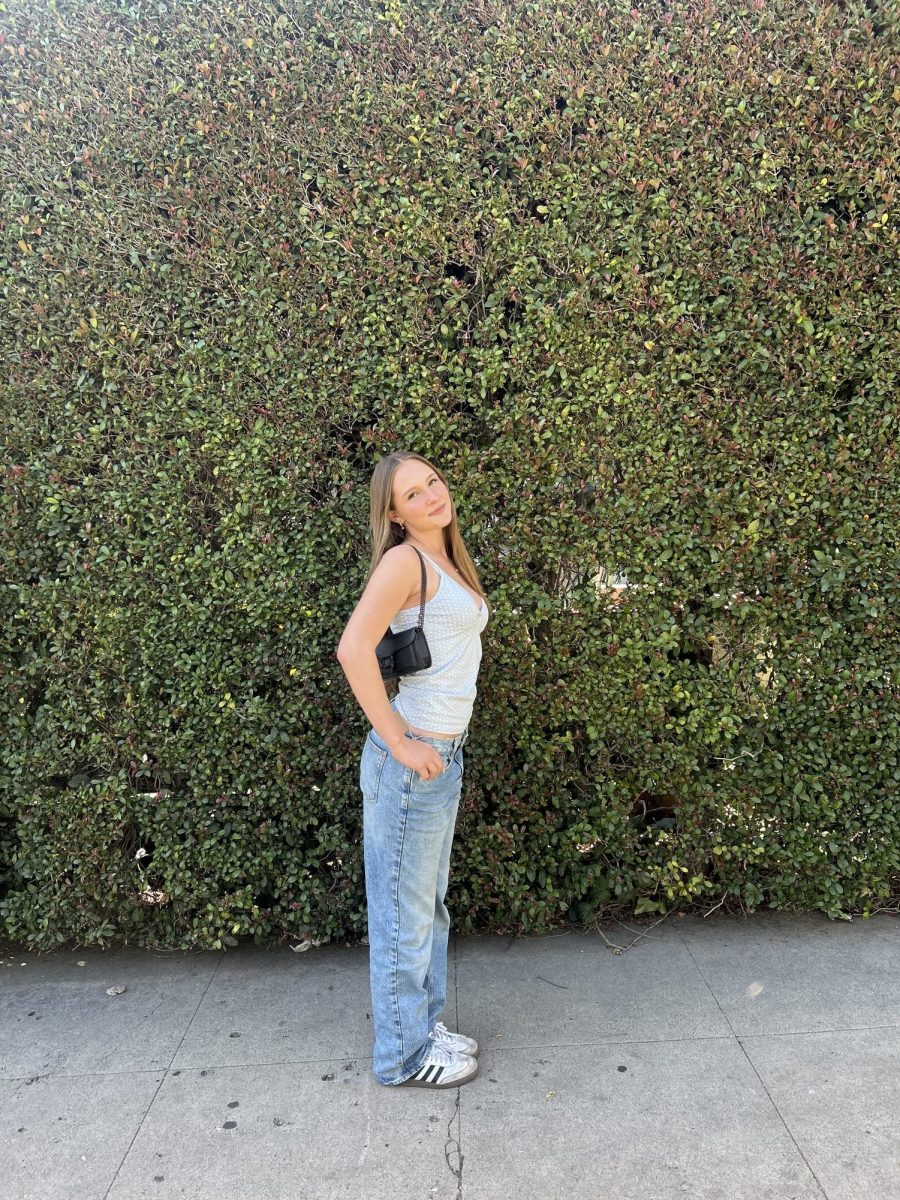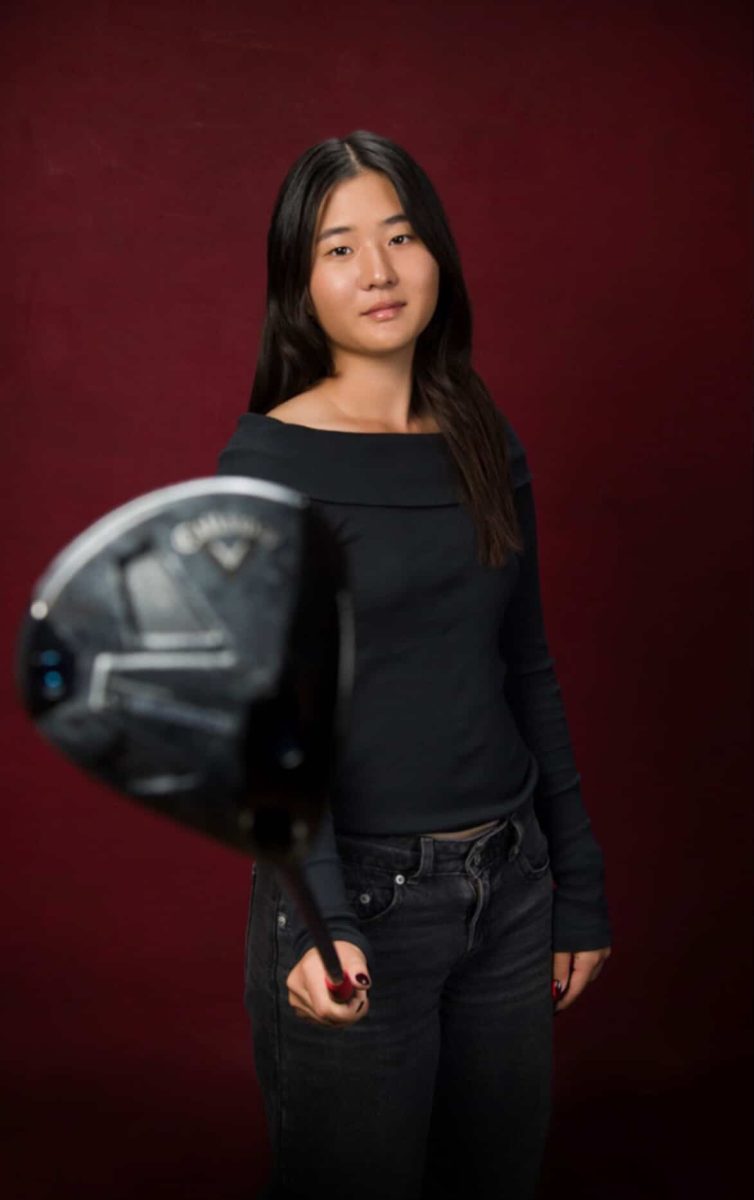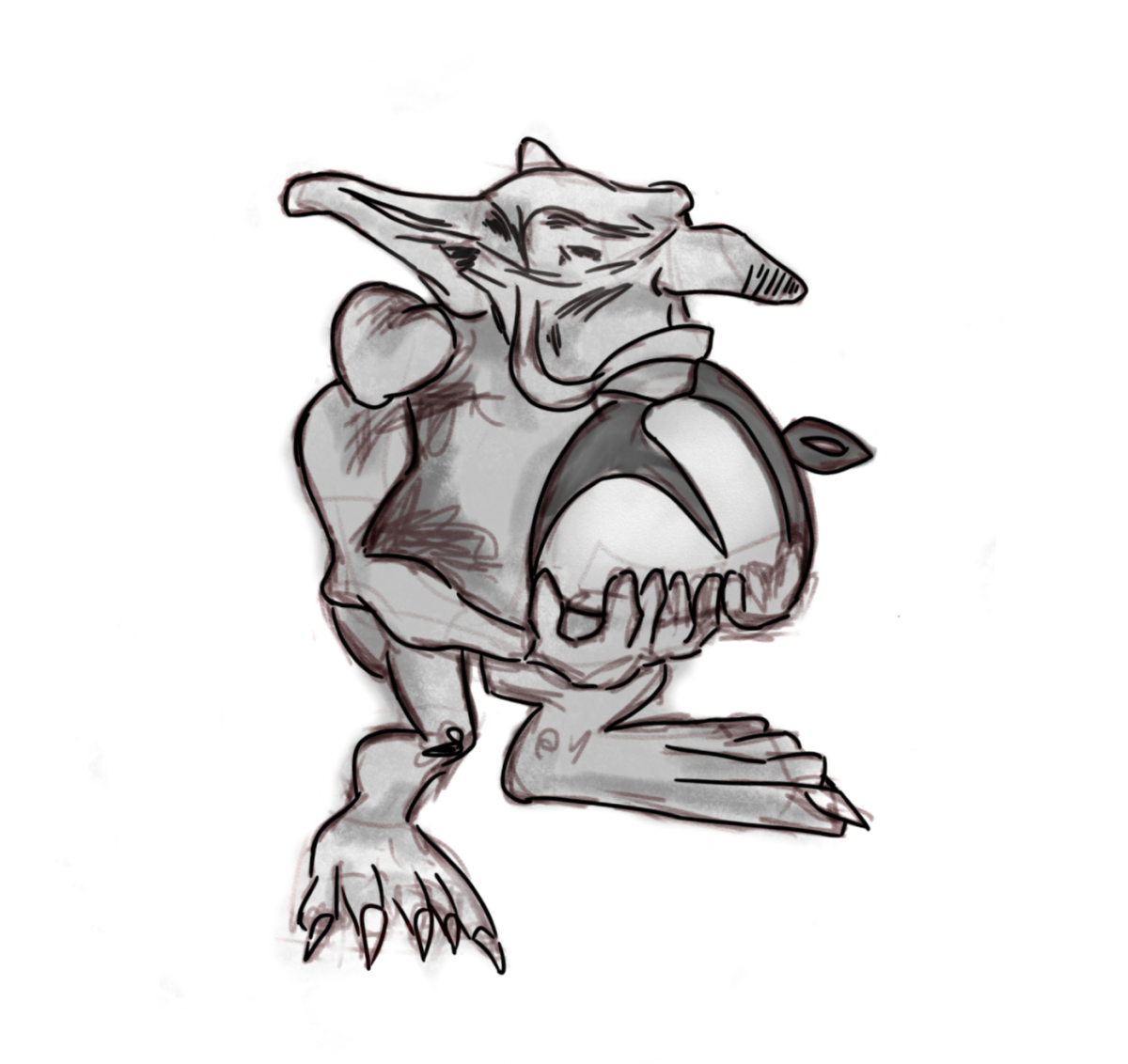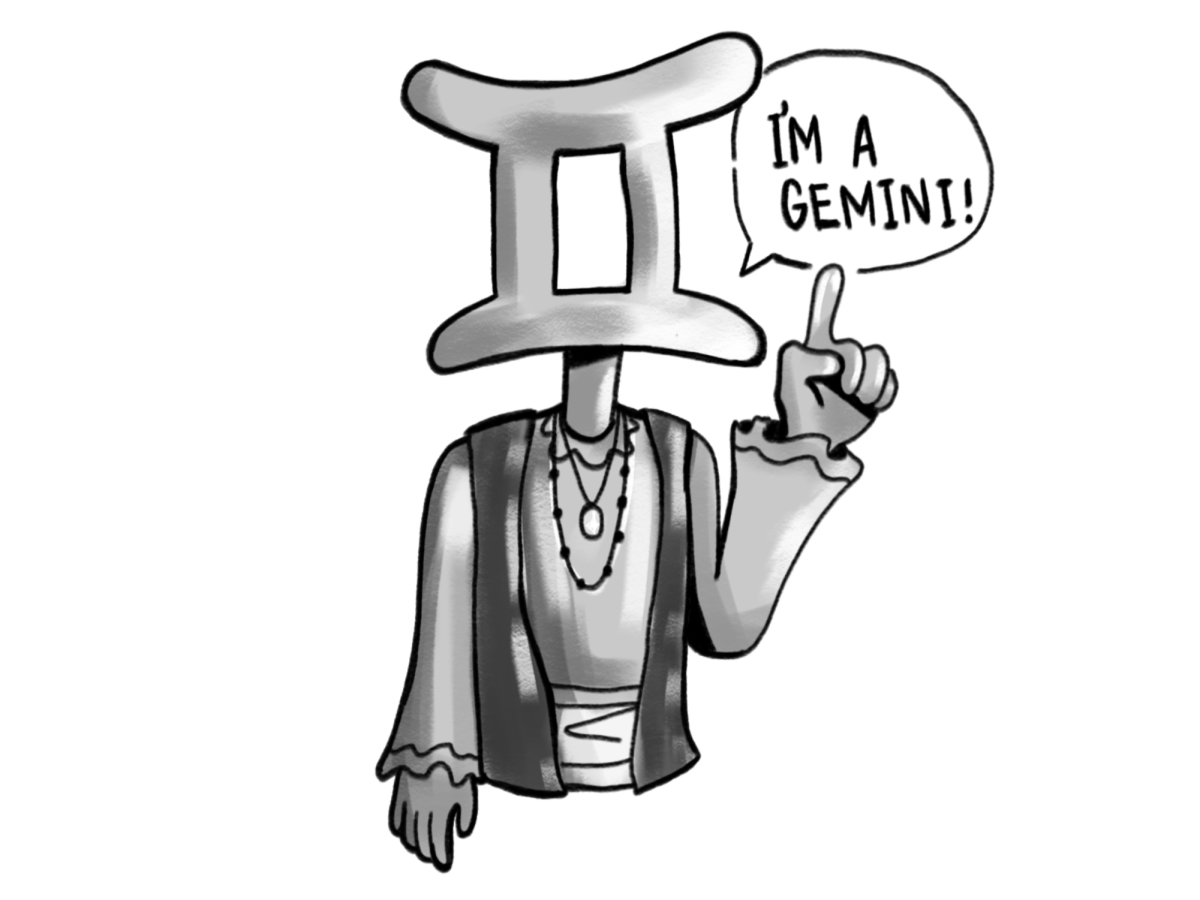Step inside the bathroom of a 50-year-old Korean woman. Your eyes will immediately snag upon the dozens and dozens of skin care items cluttered aimlessly around the vanity – littered with serums, cream, toner, and sheet masks still basking in their pristine packaging and shiny containers. The faint scent of herbal ginseng lingers in the air — wait no, is it rice water? There is a popular term in America for this complexion clutter: “Asians Don’t Raisin.” And while people might casually toss it in a conversation here and there to flex the alleged benefits of their ethnicity, it is no accident that the phrase exists. Behind the confusion of trying to pinpoint how old an Asian woman is, there are extensive skin care rituals, traditional diets, and scientific benefits that are inherent to the Asian genes.
Just like how societal beauty standards differ in each country, Asia places an emphasis on having a light and glowy complexion. Most importantly, their ingredients are what truly set them apart. Most Asian beauty skin care products use organic ingredients like herbs, aloe vera, snail slime, plant oils, and other natural substances. While westerners might cringe at the very idea of rubbing slime mucin on their faces, its proven resistance to aging combined with TikTok’s algorithm has heightened their curiosity, drawing them towards incorporating that into their skincare ritual. In an article from famed beauty source Glamour, dermatologist Nazanin Saedi and Santiago Larraín Allendes, the CEO of Caracol Natural Skincare, describe this natural source’s ability to “hydrate dry skin and strengthen the skin barrier…to improve the appearance of aging skin.”
However, it’s not just skincare that seems to slow down the aging process for Asian women, but coincidentally, it’s their traditional diets that also serve as a testament to their culture and country. More than 90% of South Koreans eat kimchi, a Korean side dish consisting of salted & fermented vegetables, almost everyday. However besides the savory taste of this famous dish melting into your taste buds, kimchi is considered an anti-aging agent. According to famed dietitian Cecilian Snyder, kimchi is considered to “prolong cell life” by slowing down every middle aged woman’s nemesis, chronic inflammation, which is associated with numerous illnesses and accelerating the aging process dramatically. Ultimately, the combination of these cultural dietary habits and holistic approaches to health play a significant role in maintaining overall well-being for Asians.
But is it just cultural choices like diet or skincare Asians make that slow down their aging process? Or are there certain inheritable genetic traits that are just attached to the race? Some experts believe that the natural facial shape of an Asian person and the specific placement of fat play a critical role in their slow aging. Genetically, Asians have more fat around their mouths and eyes which make it difficult for wrinkles to form. The general Asian traits, including higher cheekbones, thin lips, relatively small eyes and shorter faces are believed to make Asians look more youthful than their actual age.
In the end, the phrase “Asians Don’t Raisin” speaks to more than just a catchy cultural saying. It ultimately represents a thorough ritual of skincare, traditional meals like Kimchi, and genetic attributes that are inherent to the Asian race. It is evident that the youthful appearance often associated with Asians is no pure coincidence: it is a fact.
Asian Don’t Raisin’
507 Views
Donate to The Wolfpacket
$85
$500
Contributed
Our Goal
Hello there! Our goal is to provide relavent, engaging journalism for readers of all ages. Your donation will support the student journalists of the Wolfpacket at Claremont High School, and will allow us to purchase equipment, print our monthly issues, and enter in journalism competitions. We appreciate your consideration!
More to Discover
About the Contributor
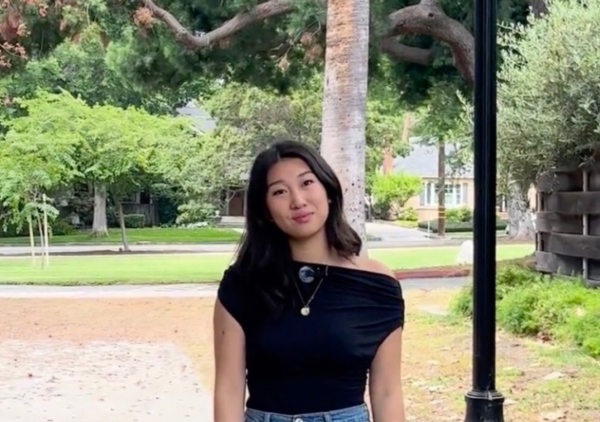
Kate Song, Business Manager & Inside Edition Editor
Kate Song is a senior at CHS, serving as the Business Manager and Inside Edition Editor for the Wolfpacket. Driven by a passion for communication and public service, she focuses her work on advancing dementia literacy while working part-time as the current youngest hire at the Claremont Courier, the city’s 118-year-old newspaper. Thanks to the support of her favorite energy drink brand, Celsius, on campus Song is the president of Rekindle CHS (the district’s first dementia service club) and leads the organization that the CHS chapter is affiliated with, Rekindle. In addition, she is a Debate captain for the CHS Speech & Debate team, which may or may not be the reason why her hair is graying prematurely.
This year in Wolfpacket, she can’t wait to bring back what she learned at JCamp in Washington to strategize methods of keeping this student-run newspaper afloat and thriving. Keep local journalism alive!



